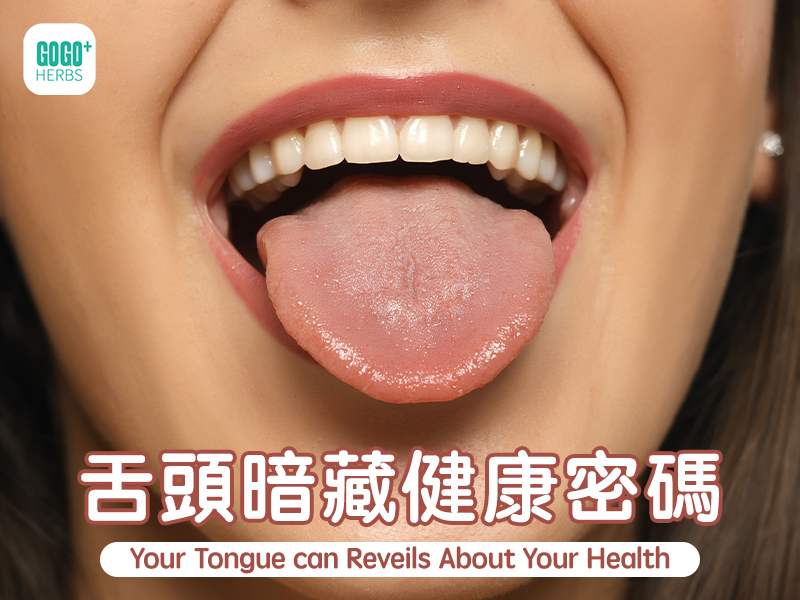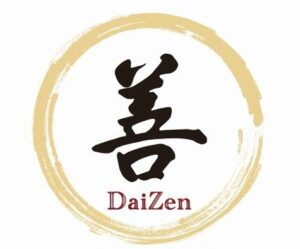
Tongue Hidden Health Code
The tongue is one of the easiest places on the body for food residue to accumulate and bacteria to grow, and it can also reflect a person's health status. In Traditional Chinese Medicine (TCM) theory, observing the condition of the tongue is called "tongue observation," which is one of the important methods of TCM diagnosis. By observing the color, shape, thickness, and distribution of the tongue coating, TCM practitioners can make a preliminary judgment on whether the functions of various organs in the body are normal.
Registered Traditional Chinese Medicine practitioner Xu Zechang explained that there is a specific order to tongue examination. Typically, one begins by examining the tip of the tongue, followed by the middle and sides, and finally the root. In addition, one must observe the tongue's texture (its color and consistency) and coating (the coating on the tongue's surface). Different tongue positions often correspond to different internal organs.Health StatusThe tip of the tongue often reflects the function of the heart and lungs; the middle of the tongue is related to the spleen and stomach; the root of the tongue is related to the condition of the kidneys; and the sides of the tongue are usually closely related to the liver and gallbladder system.
A healthy tongue can be summarized in six words: "pale red tongue with a thin white coating." This means that the tongue should be a pale pink color, not too bright red or pale; the tongue surface should be covered with a thin white coating, the tongue should be moist and glossy, and the tongue should be flexible and move freely. These are all normal characteristics.
When the tongue appears abnormal, it often indicates a problem in certain parts of the body. For example, if the tip of the tongue is bright red or even ulcerated, it often indicates "heart fire rising," meaning that the heart meridian's deficient fire is rising, resulting in excessive internal heat. If bluish-purple spots appear on the sides of the tongue, it may reflect stagnation of liver meridian qi and poor blood circulation, indicating blood stasis. If the tongue coating becomes thick and sticky, it is commonly seen in…Spleen and stomach dysfunctionThis may be caused by excessive dampness, indigestion, or abnormal body fluid metabolism. If the tongue coating peels off, especially in the middle of the tongue, it often indicates insufficient stomach yin, while peeling at the root of the tongue may be related to kidney yin deficiency.
In addition, daily eating habits and lifestyle directly affect the appearance of the tongue. For example, people who frequently drink iced beverages or have a weak spleen and stomach often have a thicker, white, greasy tongue coating; people who prefer oily and fried foods will have a thicker tongue coating, making their tongue surface look as if it is covered with a layer of oil, similar to the texture of butter. This usually reflects...Poor spleen and stomach functionAnd long-term lack of exercise,Easily fatiguedPeople with poor physical strength often have a qi deficiency constitution, and obvious teeth marks are often seen on the sides of their tongues.
It's worth noting that many people, upon seeing a thick, white tongue coating, assume it's a sign of excessive dampness and frequently drink commercially available dehumidifying teas. However, Dr. Xu Zechang warns that a thick tongue coating doesn't solely indicate dampness; it could also be caused by food stagnation, excessive consumption of oily foods, or other factors. Indiscriminately drinking dehumidifying teas long-term may actually damage the body's yin fluids, leading to yin deficiency and symptoms such as dry mouth, dry skin, and internal heat, thus burdening one's health.
Although tongue examination is an important part of Traditional Chinese Medicine (TCM) diagnosis, Dr. Xu emphasizes that it is only one component of the four diagnostic methods: observation, auscultation and olfaction, inquiry, and palpation. While certain visceral diseases may present with specific characteristics on the tongue, these manifestations are not absolute and cannot be used as the sole basis for judging a condition. Diseases are often complex, and diagnosis requires a comprehensive analysis combining the patient's other symptoms, signs, and medical history. Therefore, the public should not self-diagnose based on tongue appearance, nor should they self-medicate. They should seek diagnosis and advice from a professional TCM practitioner to obtain the correct treatment direction.



































































